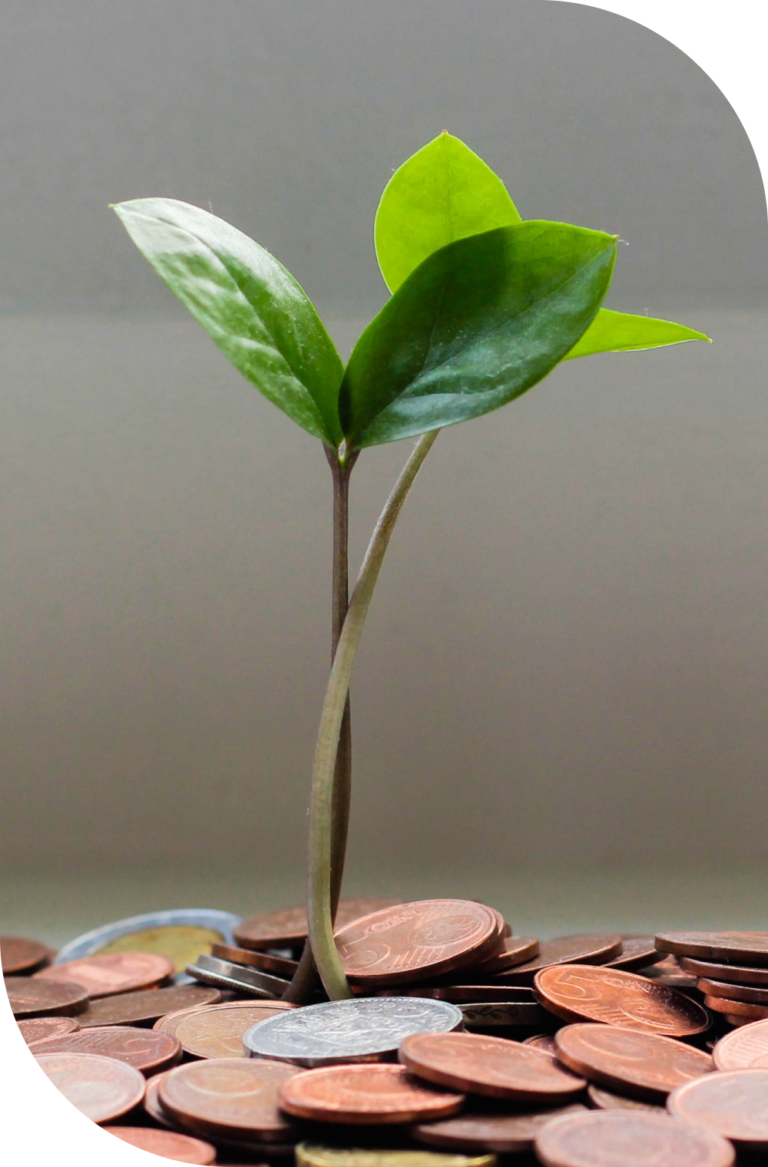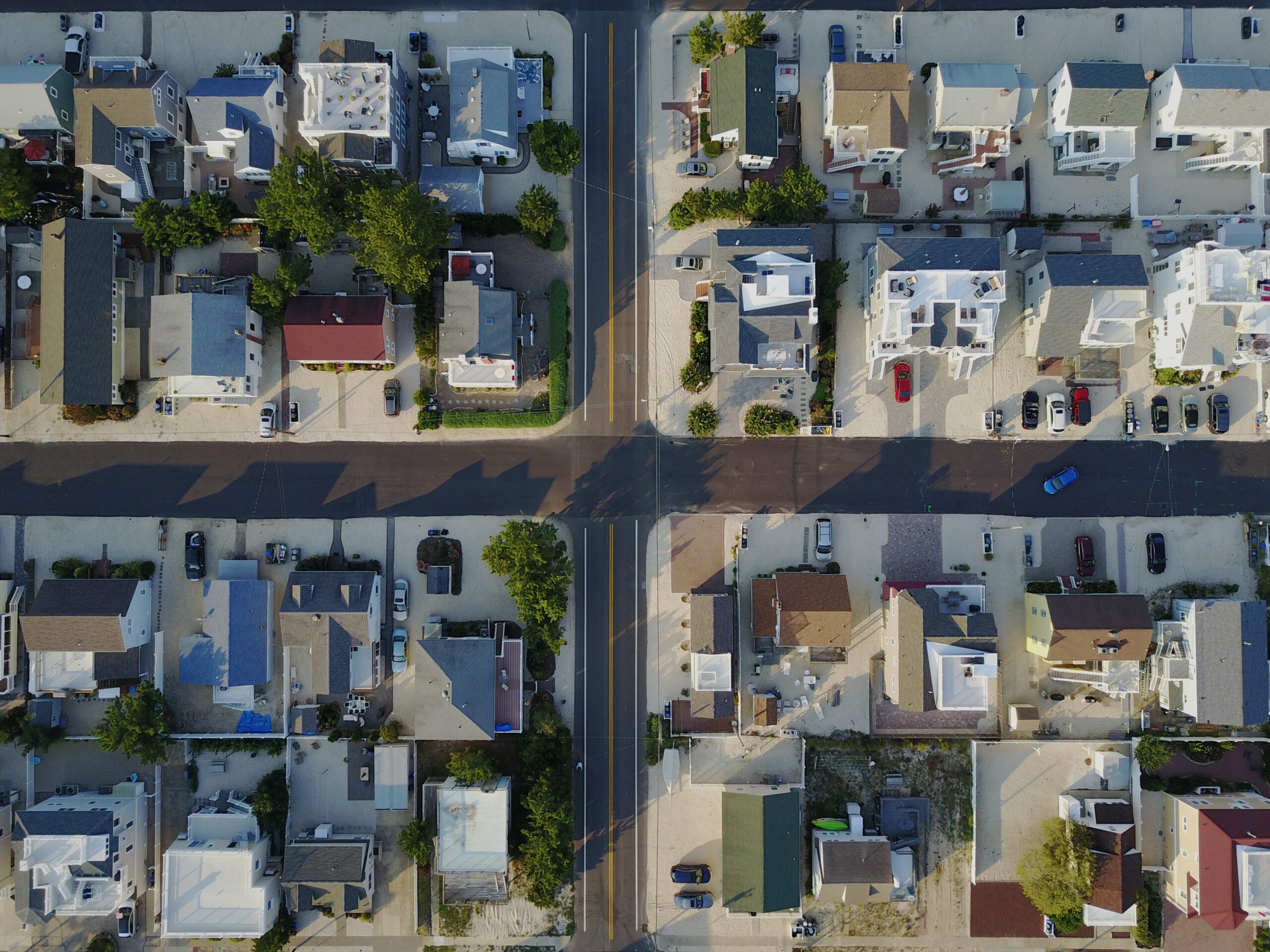Here's how we can help
Property Investing
This is the part that excites us. Purchasing property and building a property portfolio has historically been a popular way of growing wealth. Having equity in your home (difference between home value and loan outstanding) gives you an opportunity to take advantage of your most valuable asset and leveraging off it to build your wealth. But before jumping into buying the next property you like, it is important that you do your calculations properly to maximise your returns as an investor.
You need to have a sound investment strategy to guide you with your decisions. Here at TGF, we are able to help you find great options for your property investment.
Top reasons why investing in property rocks!
- It provides regular rental income. Other investments like shares or stocks can take a while to produce profits and may involve higher risk too. In property, you may enjoy income as soon as it is ready for rental.
- Higher value in the future. Traditionally residential property gains have been good value in the long run since supply is often limited in metro markets, with ongoing higher demand.
- You can enjoy its tax benefits. Some of the expenses associated with owning a property are tax deductible.
- It offers a diverse investment. Australia has property options in different locations and states. This will allow you to choose between property in the city or suburbs, or an apartment or a house.
Things to ask yourself before investing
What is my current financial position? Do you think you will still be able to afford the property during the times it’s vacant & no one rents it out?
What is the quality of the property I can afford? Do you think you can afford property in a location where you can have good tenants and maintain regular long-term rental increases?
How much can I borrow? Finding out how much you can borrow will determine what kind of property you can afford. Please check our calculator to get you started.
Do I need a cash deposit? If you own your current home, you can use home equity instead of cash deposit.
Things to consider when investing in a property
The qualities you should be looking for in, an investment property are different from when you bought your first home. Since you are buying this property to earn an income, you may want to find the right property that will maximise either your yield or your capital growth over time.
Location
When you are buying your personal home, one of the things you consider is its proximity to your work or the kids’ school. On the other hand, when you are buying an investment property, you need to find a property where there is high tenant demand.
Security
Is the area safe? Is there enough lighting on the street or is it a guarded village? Just like landlords, tenants want to feel safe in their home. Parking. A parking space, whether it is off the street or a garage attracts more tenants and adds more value to your property.
Maintenance
You need an investment property that is easy to maintain. Low maintenance property does not require a regular gardener, pool cleaner, or daily sweeper. Unless you want to pay for these things, you should steer clear of properties that require high maintenance.
Pleasant scenery
A pleasant scenery or a nice view is always a plus. You can easily demand a higher rent if your property got an edge over the others.
Owners's Corporation Fees
If your property is a unit or apartment in a ‘strata title’ or ‘community title’ building you will incur regular fees for the ‘body corporate’, so you should factor these into your total cost and therefore your ultimate return on investment (ROI).

Your Think & Grow finance advisor will
Understand your needs and Goals.
Compare hundreds of bank products from over 40 lenders and determine the loan that best suits your needs.
Calculate your maximum borrowing capacity and work out your maximum purchase price based on the funds you have saved.
Outline all fees and charges associated with buying your home.
Research the level of first home buyer Government grant you may qualify for.
Advise your minimum repayments and discuss principal and interest versus interest only repayments.
